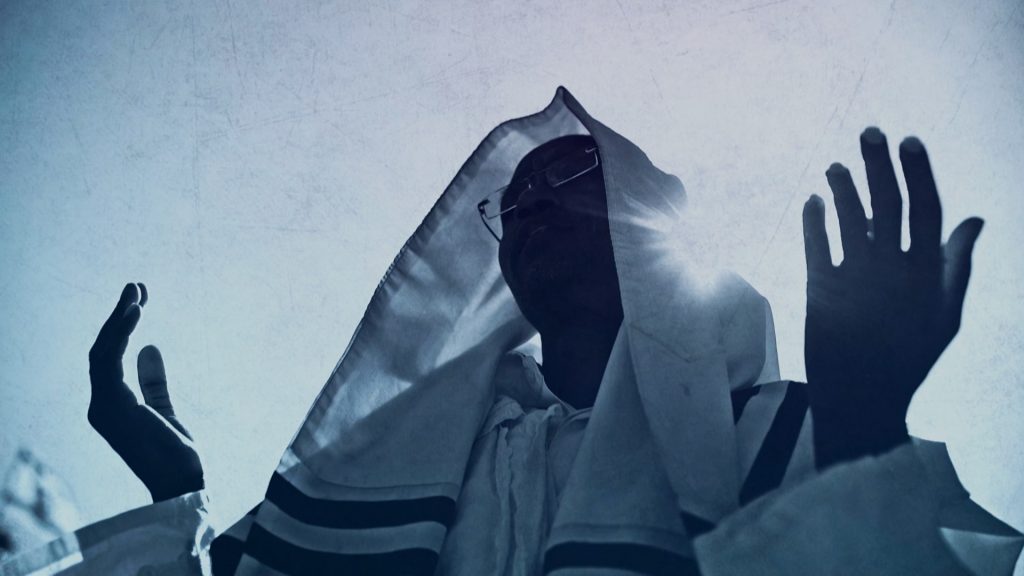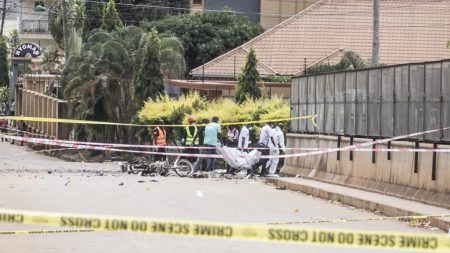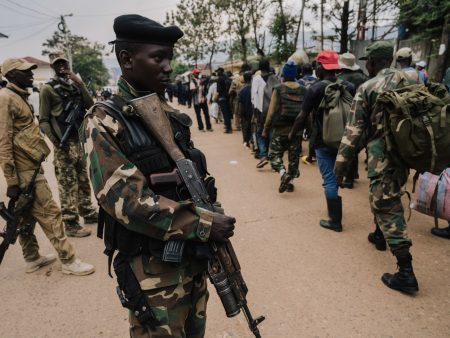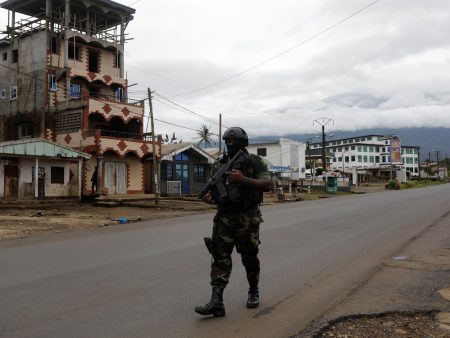The story of the Ethiopian Jews, also known as Beta Israel or Falasha, is a complex tapestry woven with threads of ancient heritage, persecution, daring rescue operations, and ongoing struggles for acceptance. For centuries, this community lived in relative isolation in the Ethiopian highlands, preserving their unique Jewish traditions and customs. However, the late 20th century brought a confluence of political instability, famine, and religious persecution, forcing many Ethiopian Jews to flee their homes and seek refuge in neighboring Sudan. Their arduous journey to freedom became intertwined with the geopolitical realities of the Middle East, leading to a clandestine partnership between the Israeli Mossad and the American CIA, resulting in Operation Moses.
Operation Moses, launched in 1984, was a covert airlift designed to transport Ethiopian Jews from refugee camps in Sudan to Israel. The operation was born out of a complex political landscape. Israel, surrounded by hostile Arab states and lacking formal diplomatic relations with many African nations, could not openly coordinate the rescue of the Ethiopian Jews. Similarly, Sudan, under pressure from its Arab neighbors, could not be seen assisting in the population growth of Israel. This necessitated the cloak of secrecy, with the Mossad agents working on the ground in Sudan, establishing a fake diving resort as a front, and the CIA providing logistical support, including aircraft and funding. Thousands of Ethiopian Jews were transported to Israel under the cover of darkness, enduring grueling desert treks to reach the clandestine airfields.
The operation, however heroic in its intent, was not without its complications. The perilous journey through the Sudanese desert claimed the lives of many, succumbing to hunger, disease, and exhaustion. Furthermore, the secrecy surrounding the operation could not be maintained indefinitely. News leaks eventually exposed the airlift, triggering a political firestorm in Sudan. Facing immense pressure from the Arab world, the Sudanese government halted the operation, leaving thousands of Ethiopian Jews stranded in refugee camps, vulnerable to renewed persecution and the harsh realities of their displacement. While Operation Moses ultimately saved thousands, the premature termination of the airlift underscored the precarious nature of the operation and the vulnerability of the Ethiopian Jews caught in the crosshairs of international politics.
Despite the hardships endured and the risks undertaken, the arrival in Israel did not herald the seamless integration many had hoped for. The Ethiopian Jews, having practiced a distinct form of Judaism for centuries, faced challenges in gaining full acceptance within the predominantly Ashkenazi and Sephardic Israeli society. Their Jewishness was questioned by some religious authorities, and they encountered cultural barriers, discrimination, and socioeconomic disparities. Issues of language, education, employment, and housing further complicated their integration. The transition from a rural agrarian society to a modern industrialized state proved difficult for many, leaving them marginalized and struggling to find their place in their new homeland.
This marginalization manifested in various forms. Ethiopian Jews faced hurdles in accessing quality education and employment opportunities, leading to economic disparities. They also experienced prejudice in housing and healthcare, perpetuating a cycle of disadvantage. Furthermore, instances of police brutality and racial profiling targeting Ethiopian Israelis highlighted deeper societal biases. The sense of alienation and discrimination fueled protests and social movements, demanding recognition, equality, and an end to institutionalized racism. The Ethiopian Jewish community, having endured so much to reach Israel, found themselves grappling with a new set of challenges – fighting for acceptance and equal rights within the very society they had dreamed of joining.
The story of the Ethiopian Jews is a testament to their resilience and determination. Their arduous journey from the highlands of Ethiopia, through the Sudanese desert, and finally to Israel is a saga of survival against overwhelming odds. However, their struggle continues even today, as they navigate the complexities of integration, fighting for social justice and equality within Israeli society. Their story is a stark reminder of the enduring challenges faced by minority groups seeking acceptance and belonging in their adopted homelands, and the ongoing need for dialogue, understanding, and concerted efforts to bridge cultural divides and achieve true societal integration.










